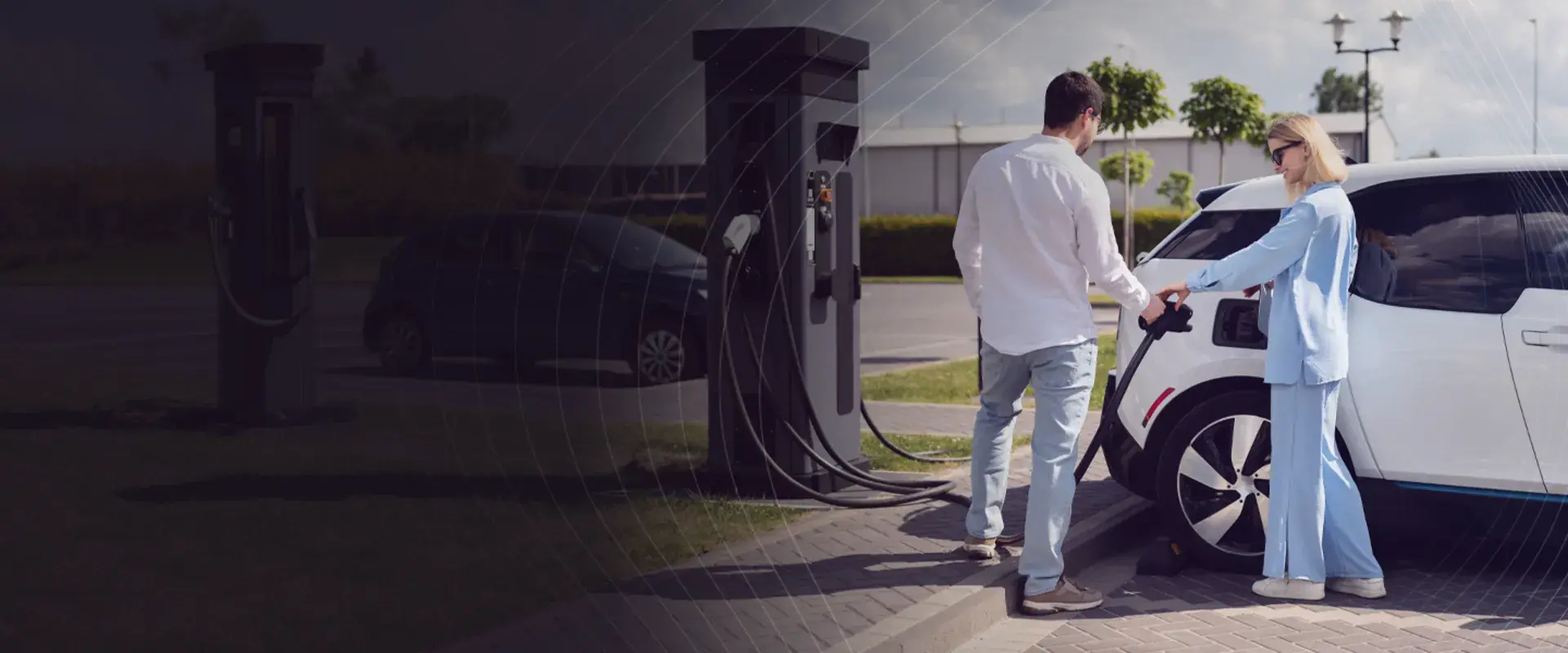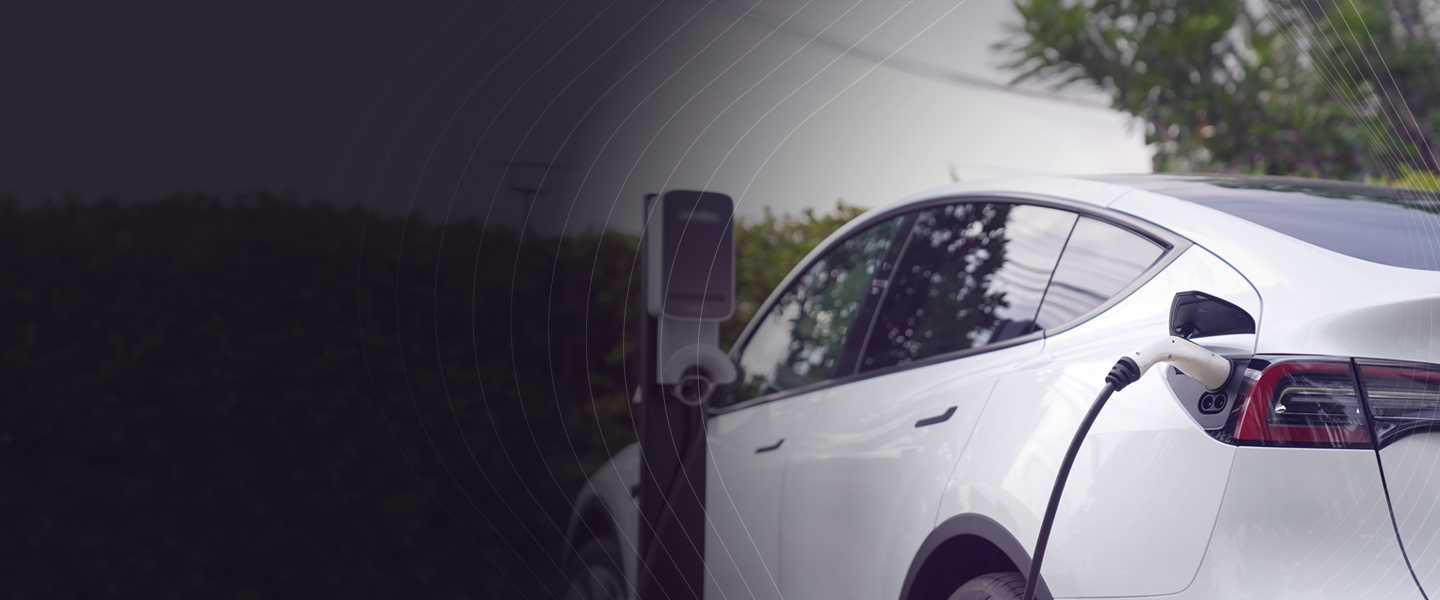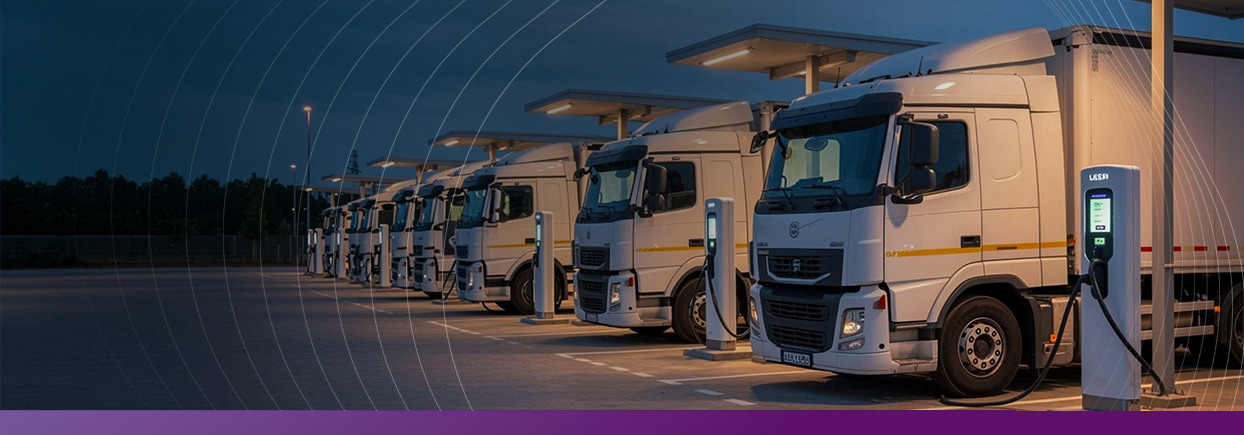The Electric Vehicle (EV) industry is experiencing a big shift and changing the way we travel, while challenging the dominance of traditional internal combustion engines. As the market continues to evolve, it brings forth plenty of questions, concerns and expectations.
In this blog, we will reveal the key trends shaping the EV industry and the significant challenges it faces. Let’s get into this exciting world!
Enhancing EV user experience is a priority
Industry’s main focus revolves around enhancing the user experience at every stage of EV ownership. From the moment drivers consider making the switch to EVs, to their daily charging routines, the industry is committed to providing a seamless and enjoyable journey.
What are the key EV industry trends?
The industry is buzzing with exciting EV trends providing the best customer experience. These promising innovations are taking us toward a greener and more sustainable future:
EV industry trend #1: Charging infrastructure
Providing a holistic charging experience is an important mission for the industry. EV owners now desire more than a simple charging station – they are looking for an enhanced experience while their vehicles are powered up.
This has driven the development of advanced charging infrastructure that offers fast-charging, convenience, reliability and additional amenities. EV drivers are now able to start charging their vehicles through mobile apps with a simple tap on their phone and go on with their day worry-free. The apps also let them monitor charge status, plan routes and find charging stations across the world. A world where EV charging fits into their life, not the other way around. Imagine a scenario where you plug in your vehicle and return to the task at hand, with no complications, exhaustive authentication process or payment procedures to deal with.
EV industry trend #2: Payment methodology and interoperability
This important trend in the EV industry revolves around standardizing payment methods across different charging stations. Currently, there is a lack of coordination, as various operators own and manage charging stations, each with their own payment system. This creates confusion and inconvenience for EV users.
To overcome this challenge, the industry is pushing for an interoperable ecosystem, where users can use different charging stations seamlessly, regardless of their contractual arrangements.
What are the biggest challenges in the EV Industry?
Embarking on a journey towards sustainable transportation, the EV industry faces these challenges:
Vehicle prices and battery availability
One of the significant challenges when adopting EVs is the higher upfront cost compared to traditional internal combustion engine vehicles. The cost disparity primarily arises from the expensive battery technology, which relies on elements like cobalt and lithium. Limited availability of these elements on a global scale affects battery production, driving up the overall vehicle cost.
Range anxiety
The fear of running out of battery power without access to public charging stations remains a concern for potential EV buyers. Although the range of EVs has improved over the years, some people still worry about long-distance travel. Especially about being caught in traffic without a charging solution. Addressing range anxiety through technological advancements and expanding charging infrastructure is crucial for building consumer confidence.
Availability of the charging stations
To support the growing number of EVs on the road, it is essential to expand the charging infrastructure network. This requires collaboration between governments, businesses and stakeholders to invest in the development and installation of charging stations, ensuring that EV owners have easy access wherever they go. This includes residential charging options, workplace charging stations, public charging stations in parking lots, shopping centers and other public spaces.
Political support and resistance
Political factors play a pivotal role in the transition to electric mobility. While several governments are actively supporting EV adoption by implementing policies and programs, others are less eager, causing disparities across countries. Positive governmental support can lower the costs of EVs, increase infrastructure development and incentives for EV owners. Meanwhile the lack of support can slow down the transition and dampen consumer interest.
How can we help shape the future of e-mobility?
As we embrace the future of electric mobility, it is vital to overcome obstacles collaboratively, ensuring a sustainable and efficient transportation ecosystem for generations to come. The introduction of Irdeto Cross Charge is driving the industry forward by addressing key challenges and fostering interoperability. With its range of services, Irdeto facilitates the transition into a seamless plug and charge system, offering a feasible and efficient solution.
Want to learn more about a smooth charging experience through a reliable and secure charging ecosystem? Contact us today!











/Images/Module%20-%20footer/spiral.svg)
